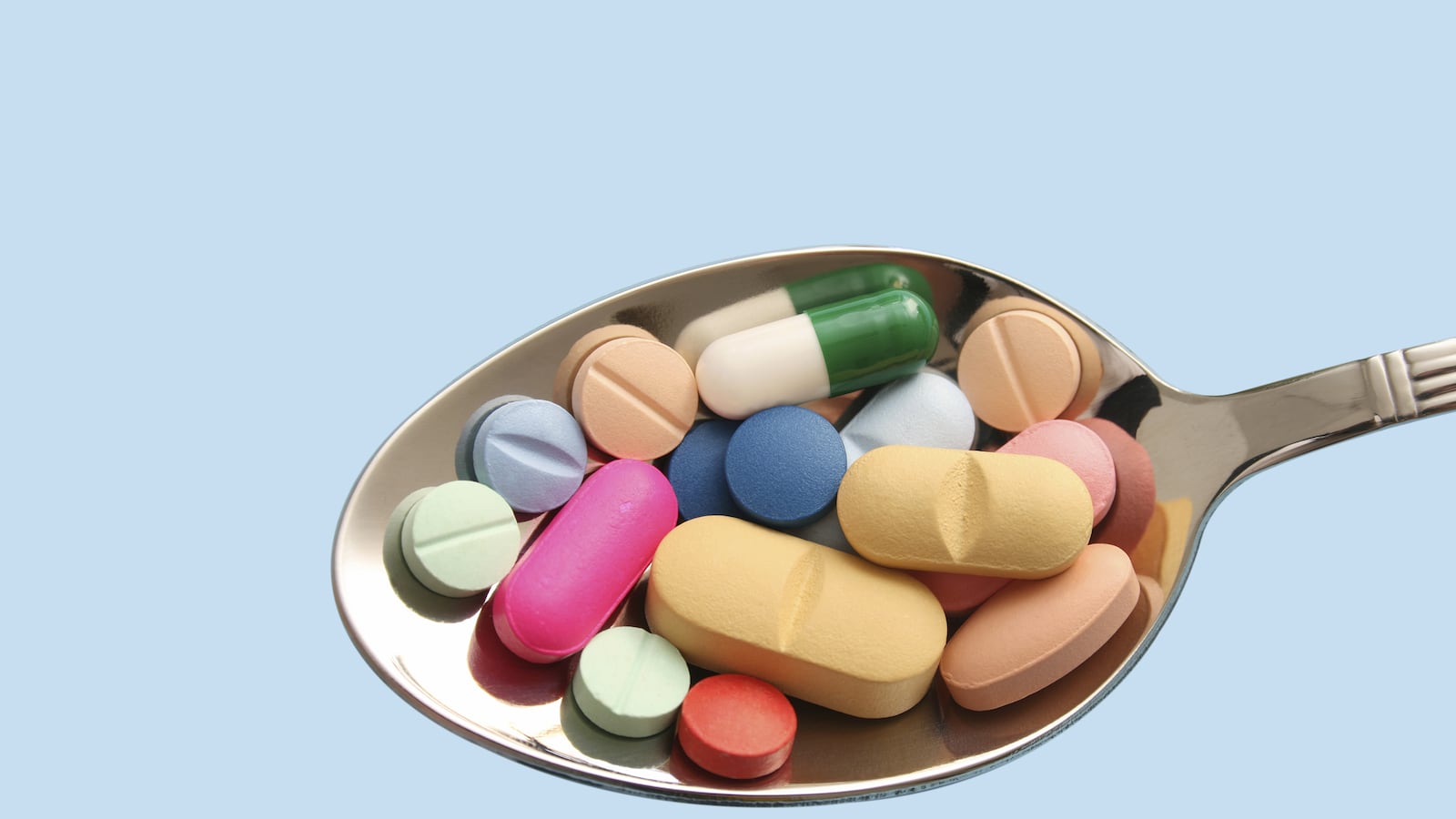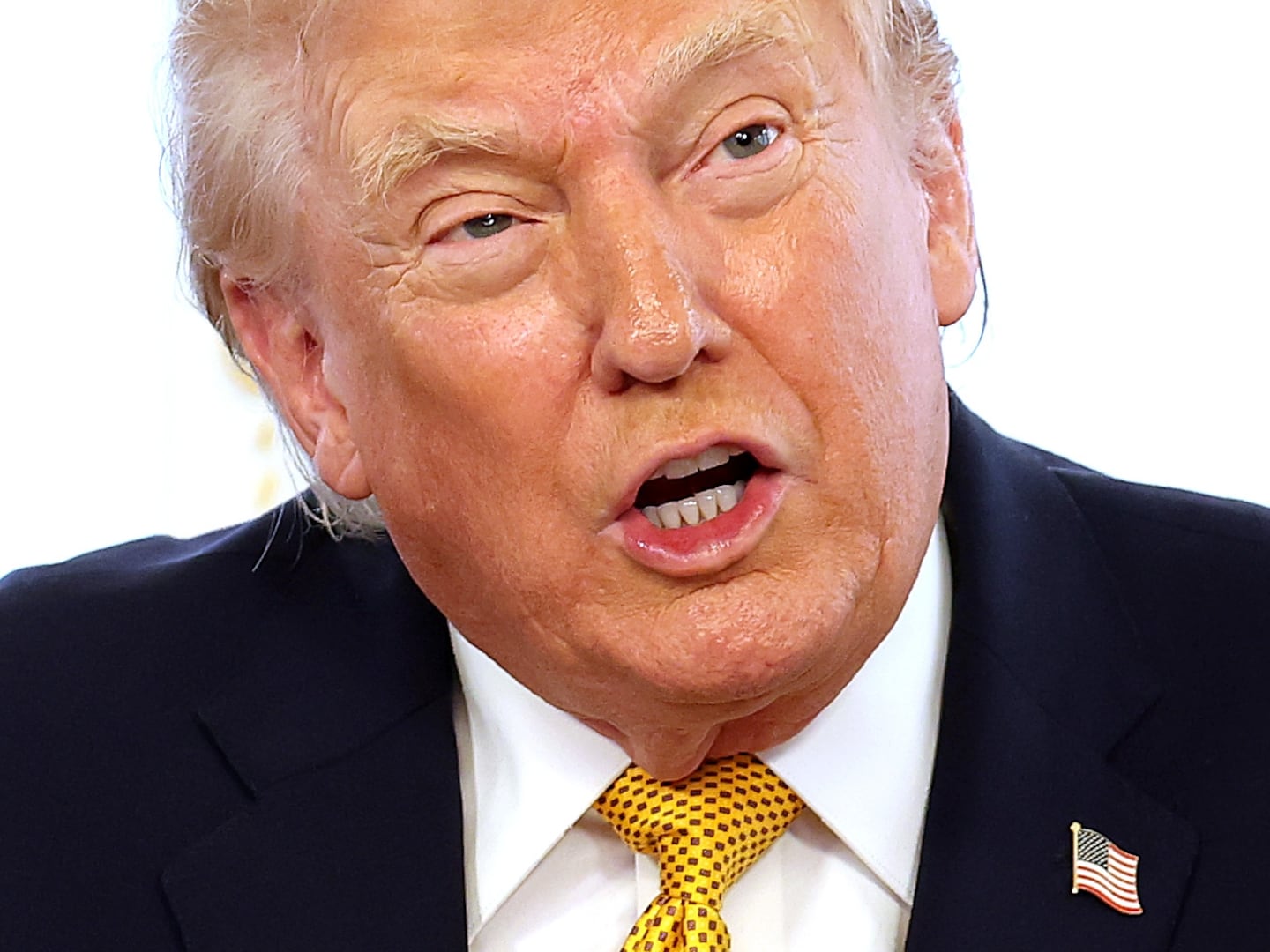Drugs manufactured by the pharmaceutical industry are hardly perfect. Contrary to the refrain that repeats as reliably as the dawn in the comments every time I suggest that vaccines are safe and effective, or that consumers shouldn’t waste their money on magical water, I am neither a paid shill for Big Pharma nor one who believes their products are the answer to every ill.
Pharmaceuticals often have nasty side effects, don’t always work for every patient, and can be misused or overprescribed. But at least when I prescribe a patient amoxicillin or suggest he or she pick up some ibuprofen, I can be confident that the medication consumed will contain the proper ingredients.
People who opt to take herbal supplements, on the other hand? Not so much.
Witness the findings of a new study published in the journal Drug Testing and Analysis. The authors collected samples of 21 products that claim to be manufactured from Acacia rigidula, most marketed as a weight-loss supplement. More than half of the products tested showed the presence of a synthetic amphetamine—one that has never been tested for safety in humans. (It is telling that, in trying to find more information about the shrub from which these supplements are supposedly derived, my searching yielded page after page of links to such products.) Turns out that ß-methylphenylethylamine (BMPEA), the chemical the researchers identified, only comes from a lab, not from a plant growing in the desert Southwest.
What makes this study’s findings all the more dismaying is that the Food and Drug Administration (FDA) conducted its own study of these supplements in 2013 and found the exact same ingredient. The new report was meant to determine if the agency’s findings had led to the removal of BMPEA from Acacia rigidula products, as one might hope would be the result if federal regulators were to discover a chemical adulterant in a supposedly natural weight-loss formula. Alas, the researchers found a higher percentage of artificially enhanced powders and pills than that discovered two years ago.
Strong work, FDA.
As reported by Josh Long, a blogger who covers the legal aspects of the natural supplement industry, 10 of the supplements found to contain BMPEA were all manufactured by the same Georgia company, Hi-Tech Pharmaceuticals. In a statement to Long, the president of the company maintained that the amphetamine is a naturally occurring alkaloid produced by the plant itself, and thus all products that list it as an active ingredient should contain it. This statement is refuted by the new study, which notes that BMPEA has never been found in extracts derived directly from the plant.
None of this is even remotely surprising to me. Manufacturers of dietary supplements need not get FDA approval before touting their wares. While the agency gestures in the direction of regulation by prohibiting “false or misleading statements” and demanding that products be safe for consumption, these edicts are very loosely enforced. If you purchase a container of gotu kola from your local holistic market, you’re buying almost entirely on faith.
Law enforcement personnel, however, are beginning to pursue action against manufacturers that sell products that do not contain the ingredients listed on the bottle. After finding this year that supplements sold in retail stores like Walgreens and GNC contained rice and wheat instead of ginseng and gingko biloba, two among many examples of fraudulent labeling, the attorney general of New York demanded these products be pulled from the shelves. He was recently joined by 13 other attorneys general in asking Congress to investigate the FDA’s role in policing the supplement industry and expand its regulatory authority.
But even if the pills inside your medicine cabinet really contain St. John’s wort, it’s important to remember that there are no reliable standards for determining the effectiveness of any given supplement. As anyone who has ever tended an herb garden can tell you, plants grow with varying degree of robustness depending on a whole host of factors. While still technically basil, the defenseless shoots I regularly murder with my tar-black thumb look nothing like the fragrant leaves wedged between mozzarella and tomato slices at your local Italian eatery.
Two different herbal supplements with the same listed components may be no more alike in potency or efficacy than Riesling and Merlot are in flavor, despite both having fermented extract of grape as their active ingredient.
By way of contrast, prescription drugs must go through a lengthy and laborious process to prove that they are safe and effective for the treatment of any given disease. If the bottle says that the tablets inside contain so many milligrams of such-and-such drug, then consumers can be confident they’re actually getting a real medication. They’re far from perfect, and I only dole them out when I think they’ll confer a benefit greater than their risk. But at least I know my patients won’t be swallowing a capsule full of sawdust.






